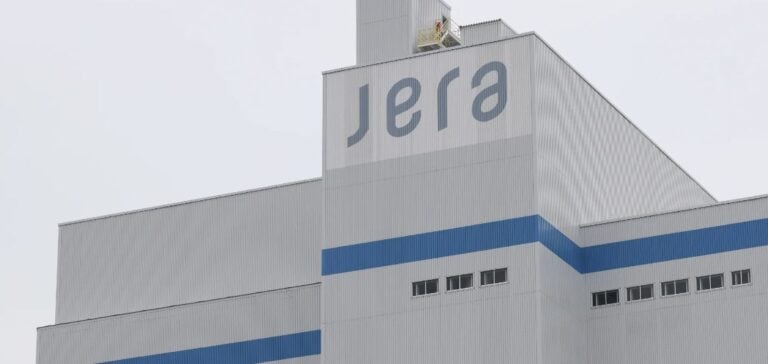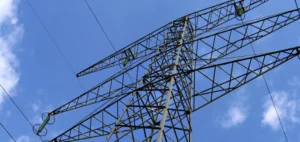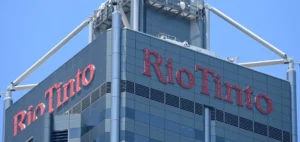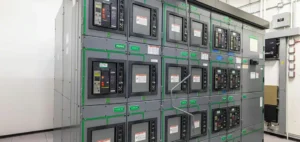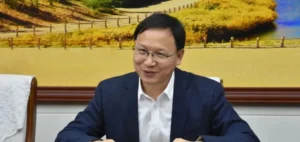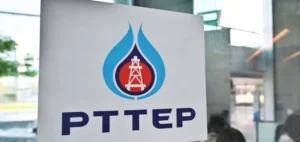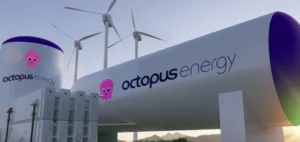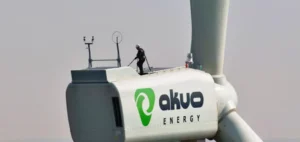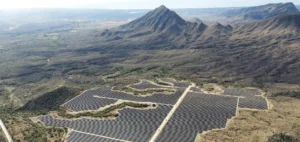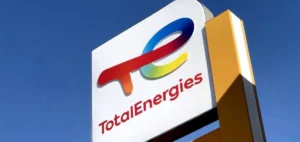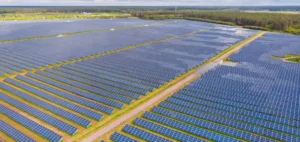The announcement of a significant drop in the financial results of JERA, Japan’s leading electricity producer, reveals the challenges of adjusting to fluctuations in the energy market and geographic diversification. For the first half of the fiscal year, the group reports a net profit reduced to 138.9 billion yen, down from 290 billion yen last year, a 52% decrease. This drop is explained by the impact of fuel prices and the company’s international performance.
Impact of Delayed Fuel Price Adjustments
JERA’s profit decline is largely due to a sharp drop in “time-lag gains” (delayed price gains), which decreased from 215.9 billion yen to just 16.6 billion yen. This price adjustment mechanism allows JERA to reflect changes in fuel costs in electricity selling prices. With the decrease in fuel prices this year, potential gains from this adjustment were significantly reduced, resulting in decreased profitability in this sector.
Excluding this effect, JERA nevertheless reports an adjusted profit up by 62%, reaching 122.2 billion yen. This increase is partly due to the optimization of coal and liquefied natural gas (LNG) supplies, enabled by enhanced management of spot and futures markets, which have been more volatile this year.
Optimization of LNG and Coal Supplies
As the largest LNG buyer in Japan, JERA secures nearly 80% of its supply through long-term contracts, supplementing its stock with spot purchases during peak demand periods. This year, the company was able to optimize its supply mix through a combination of long-term contracts and spot transactions, thus reducing its costs despite global fluctuations in fuel prices. Naohiro Maekawa, JERA’s executive director, noted that hedging against coal price fluctuations had a negative impact last year but proved favorable this year.
Proactive supply management demonstrates the effectiveness of JERA’s strategy, allowing it to withstand price pressures. The company adapts its purchases based on demand, thus limiting costs that could compromise its profitability.
Challenges in North America and Temporary Market Effects
In North America, JERA experienced market valuation losses due to price volatility and derivative positions. The company considers these losses temporary, explained by the “mark-to-market” method that values assets and liabilities at current market prices. This valuation results in significant variations during periods of high volatility.
Despite these losses, JERA’s expansion in the U.S. is crucial in its international growth strategy. Geographic diversification opens up prospects while exposing JERA to the volatility of global energy markets, adding an extra layer of complexity in managing its operations.
Maintaining Annual Forecasts
Despite the difficulties of the first half, JERA maintains its annual profit forecast at 200 billion yen, indicating confidence in an improvement of conditions for the second half of the year. The reactivation of the Taketoyo coal-fired power plant, shut down in January, may also contribute to stabilizing results. JERA anticipates a gradual recovery in demand and price stabilization.
JERA’s financial results illustrate the complexity of managing an international energy portfolio, faced with price fluctuations and the challenges of global expansion. These results also reflect the company’s resilience, as it adapts its strategy to strengthen its position in an ever-evolving sector.

